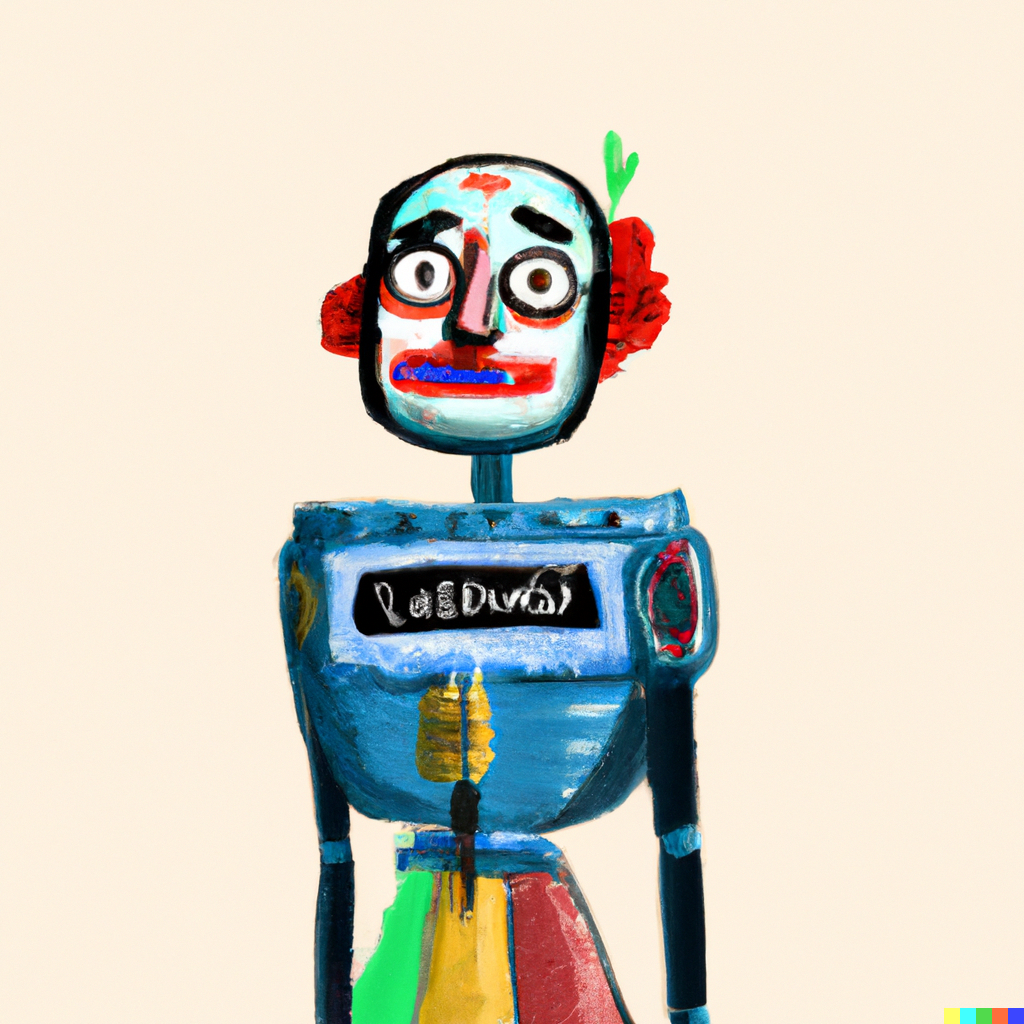Professional communication is a field usually associated with seriousness. However, it is increasingly acknowledged that humor can be a powerful tool for the professional communicator. Humor can serve functions beyond simply provoking laughter. It can help the professional communicator facilitate a bond with an audience, mitigate tension, enhance status, cultivate trust, persuade others to the communicator’s point of view, and make messages stand out.
It has been (somewhat) thoroughly discussed, also on this aiLOG, how generative AIs such as ChatGPT, Jasper.ai and Bard, can influence the work of professional communicators. But to this writer’s knowledge, not a lot has been said about how such technologies can influence professional communicators’ use of humor in their work specifically.
Therefore, in this blogpost, we will ask ChatGPT to reflect on how generative
AI can influence professional communicators’ use of humor in their work.
And in the spirit of the theme, we asked it to wrap it all up with a joke. It wrote the following text:
“The humorous side of professional communication is no laughing matter, as wit and humor are critical tools for engagement, rapport building, and memorability. With the advent of Artificial Intelligence (AI) technologies, we stand at the precipice of a new era. This paper brings a touch of levity to the discourse by exploring how AI might influence professional communicators’ use of humor in their work.
Wit and humor, these seemingly human traits are what AI, the unfeeling machine, has now set its silicon gaze upon. As our silicon comrades grow in cognitive sophistication, professional communicators are left to wonder whether AI will be the ultimate sidekick in humor or simply serve up cold, canned laughter. Let’s embark on this scholarly giggle-gander.
On the one hand, AI can be seen as a comedy connoisseur. Advances in natural language processing and sentiment analysis allow AI to analyze vast amounts of text and decipher what jokes resonate with different audiences. Imagine having a real-time ‘wit-meter’ to check the humor quotient before hitting send. As communicators, we can confidently tickle the funny bone without fear of faux pas.
On the other hand, AI is also aspiring to be the jester, not just the jester’s apprentice. Modern AI systems can now generate original content, including jokes. Of course, current AI humor generation might make your dad’s jokes seem like comic genius in comparison. However, with advances in machine learning and neural networks, AI might eventually graduate from knock-knock jokes to comedic subtlety.
Yet, humor is a tricky beast to tame, even for AI. It’s subjective, cultural, and deeply human. It often relies on shared experiences, empathy, and context—factors that, as of yet, lie beyond the mechanical grasp of AI. Thus, while AI’s future in humor generation looks promising, it’s not about to take over the comedy club just yet.
To conclude, we find ourselves in an intriguing era where AI and humor are starting to intersect. While the notion of a machine understanding humor was once a mere punchline, it’s rapidly evolving into a reality. As AI becomes increasingly sophisticated, its role as both humor detector and humor generator may offer valuable insights and tools for professional communicators.
In the end, though, it’s important to remember that humor, much like professional communication itself, is a deeply human endeavor. So while we might welcome AI onto the comedy stage, let’s not forget who owns the spotlight.
And now, in honor of our AI humor generators, here’s a classic they might appreciate: Why don’t we tell secrets in a computer science class? Because it’s full of “bytes”!”
What do you think of the short text ChatGPT has composed? Do you, as a professional communicator, find yourself inspired to use generative AI to assist you in your humorous work? Do you find yourself laughing on the floor or maybe just giggling in your chair? Please, leave your thoughts in the comment section below.
